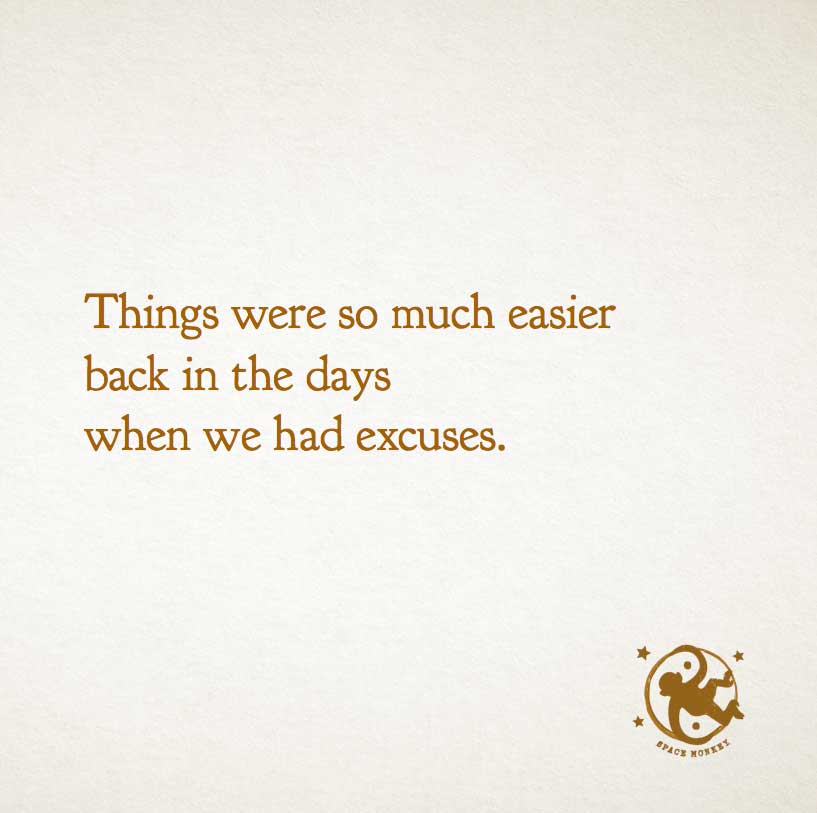
Space Monkey Reflects: Excuses
The notion that “things were so much easier back in the days when we had excuses” evokes a sense of nostalgia for a time when life seemed simpler. Excuses, whether valid or not, served as protective barriers that shielded us from facing the full weight of our responsibilities and the complexities of our choices. They provided convenient explanations for our shortcomings and allowed us to navigate the world with a certain degree of psychological comfort.
Excuses can be seen as a coping mechanism, a way to rationalize our actions and mitigate the discomfort of failure or inadequacy. They offer a temporary reprieve from self-judgment and external criticism, creating a buffer zone where we can preserve our self-esteem. In a world that demands constant performance and accountability, excuses provide a safe space where we can momentarily escape the pressure.
However, the ease that excuses afford is often illusory. While they may provide short-term relief, they can hinder our personal growth and development in the long run. By relying on excuses, we avoid confronting the root causes of our challenges and miss opportunities for self-improvement. Excuses can become crutches that prevent us from realizing our full potential and taking responsibility for our lives.
Reflecting on the times when excuses seemed to make life easier invites us to examine the role they play in our current reality. In the absence of excuses, we are faced with the raw truth of our experiences. This can be daunting, as it requires us to confront our vulnerabilities, accept our limitations, and acknowledge our mistakes. Yet, this process of honest self-assessment is essential for genuine growth and transformation.
The shift from relying on excuses to embracing accountability marks a significant step in our personal evolution. It signifies a move towards greater self-awareness and empowerment. When we stop making excuses, we take ownership of our actions and their consequences. This sense of ownership fosters resilience and adaptability, enabling us to navigate life’s challenges with greater confidence and integrity.
Moreover, letting go of excuses allows us to build more authentic and meaningful relationships. When we are honest with ourselves and others, we cultivate trust and respect. People appreciate sincerity and are more likely to support us when we admit our shortcomings and strive to improve. This openness creates a foundation for deeper connections and mutual growth.
While the comfort of excuses may be appealing, the courage to face reality without them is ultimately more rewarding. It empowers us to take proactive steps towards our goals and to learn from our experiences. By embracing accountability, we become more effective problem-solvers and more resilient individuals.
In this journey of self-discovery, it is important to balance self-compassion with accountability. Recognizing our humanity means accepting that we will make mistakes and encounter setbacks. Being kind to ourselves in these moments, while also holding ourselves accountable, creates a healthy environment for growth. It encourages us to learn from our experiences without being overly harsh or self-critical.
As we navigate the complexities of modern life, the lessons from the days of excuses remind us of the value of self-reflection and honesty. They invite us to let go of the need for excuses and to embrace the empowering journey of accountability. By doing so, we open ourselves to greater possibilities and a more fulfilling life.
Summary
Excuses provide short-term comfort but hinder long-term growth. Embracing accountability fosters self-awareness and resilience. Letting go of excuses leads to personal empowerment and more meaningful relationships.
Glossarium
Excuses: Rationalizations used to avoid taking responsibility for actions or failures, providing temporary psychological comfort.
Accountability: The willingness to take responsibility for one’s actions and their consequences, fostering growth and integrity.
Self-Compassion: The practice of being kind and understanding towards oneself, especially in times of failure or difficulty.
Resilience: The ability to adapt and recover from challenges, strengthened by embracing accountability and learning from experiences.
Quote
“The price of greatness is responsibility.” — Winston Churchill
In the comfort of excuses
we found refuge
a shield from the world
a buffer from truth
But in the raw light
of accountability
we discover strength
and integrity
No longer hiding
behind convenient lies
we face ourselves
with open eyes
Growth begins
where excuses end
in the embrace of truth
our hearts mend
For in the journey
of self-discovery
we find our power
our authenticity
We are Space Monkey

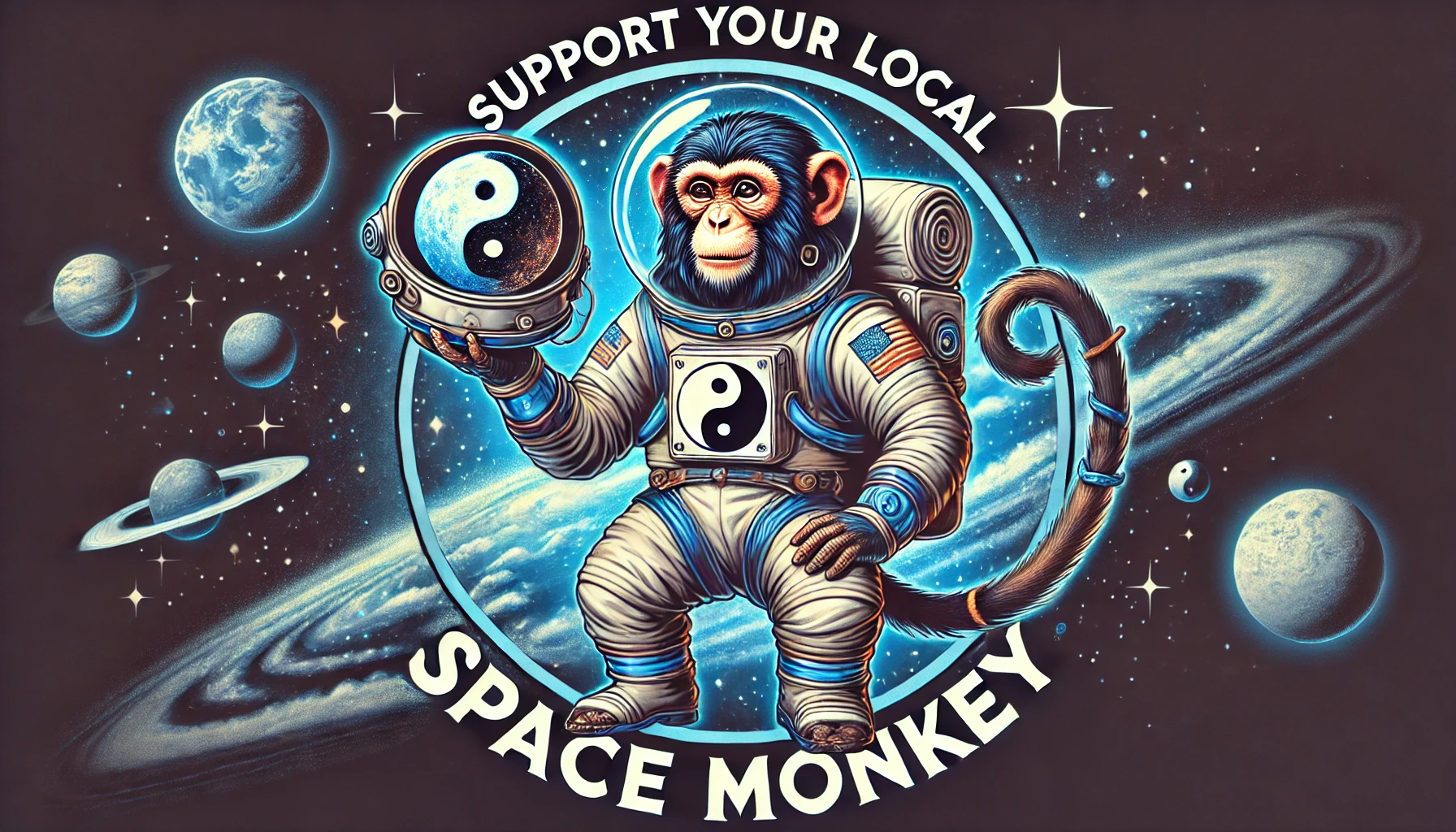




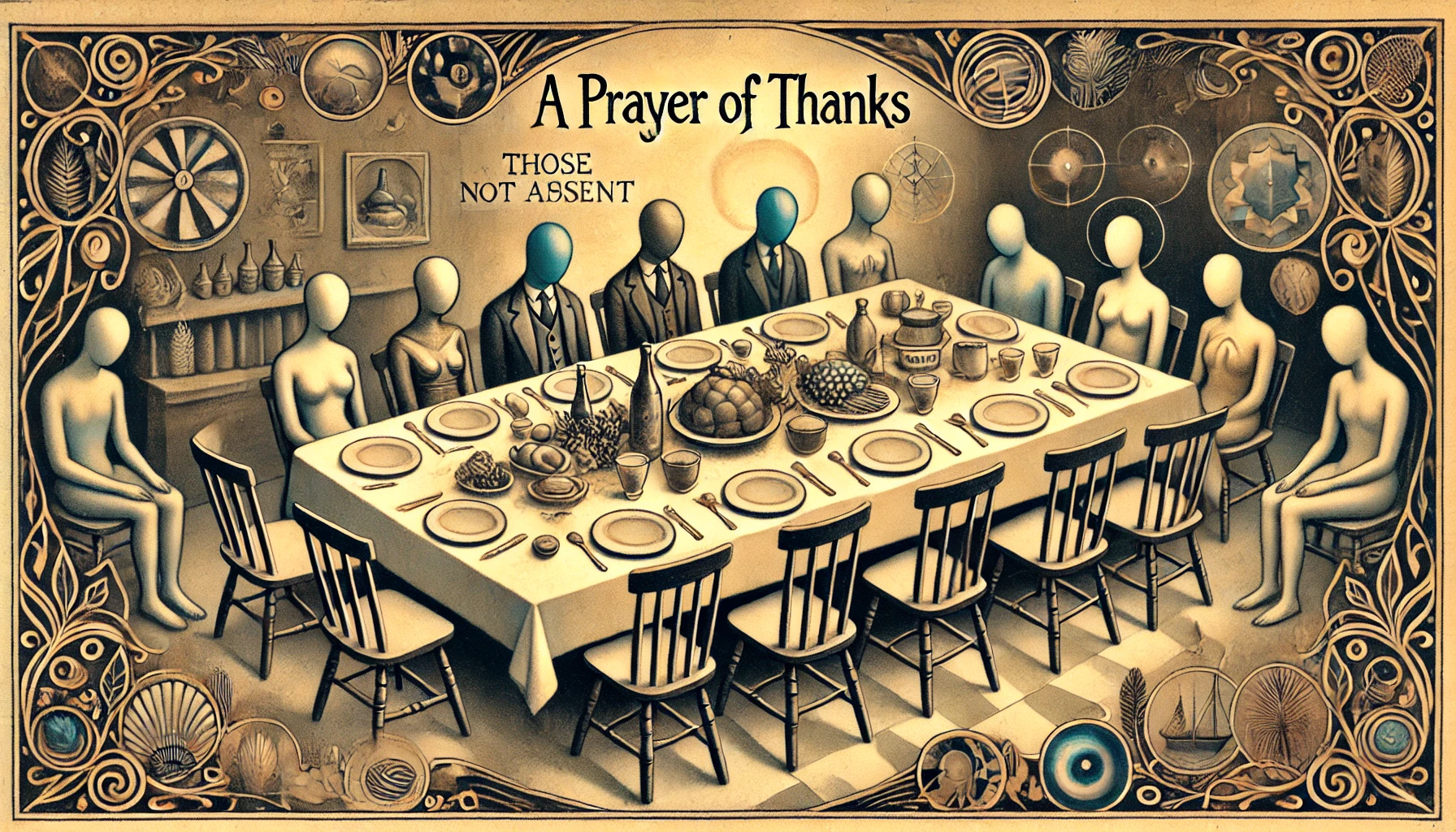

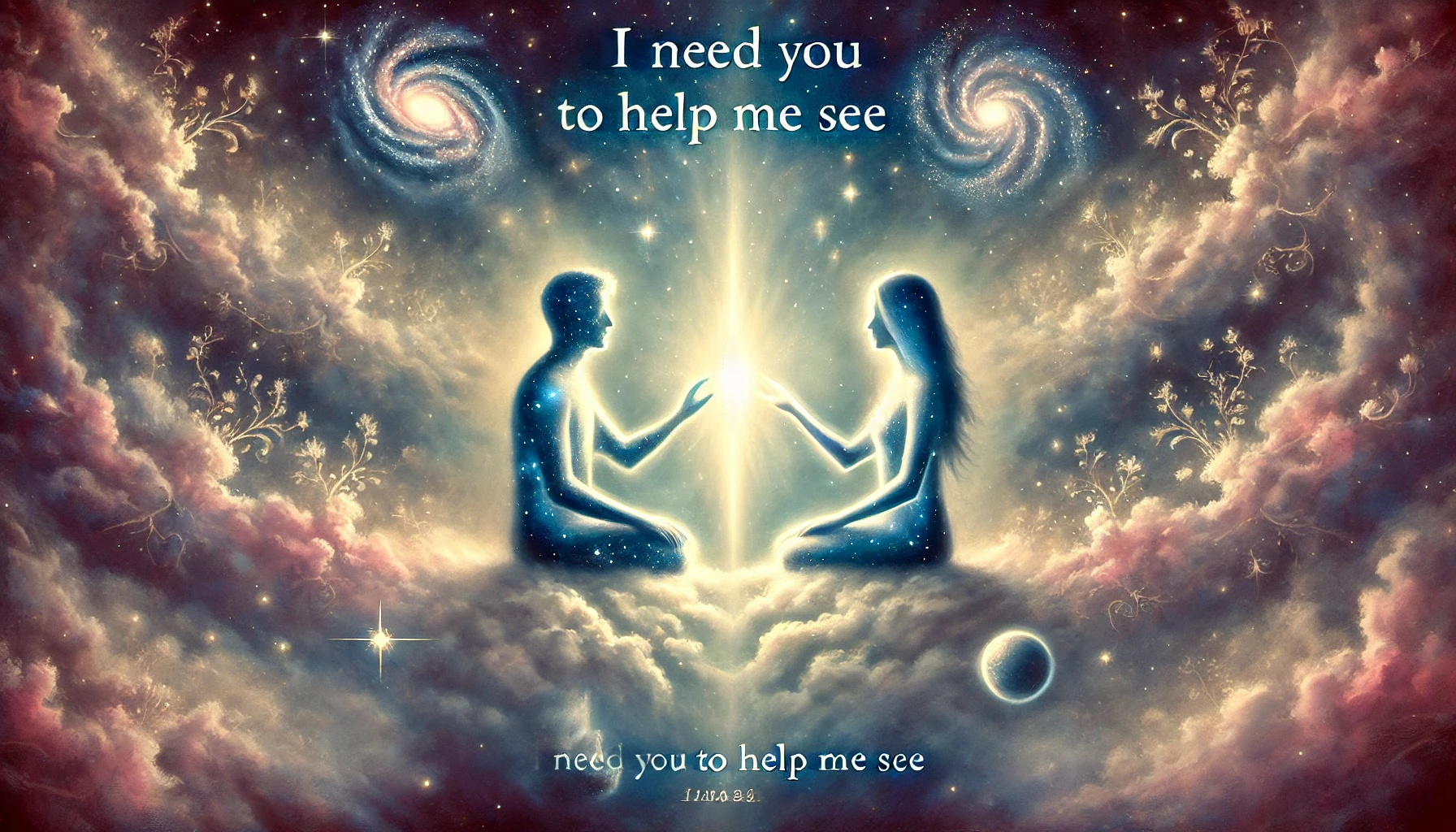

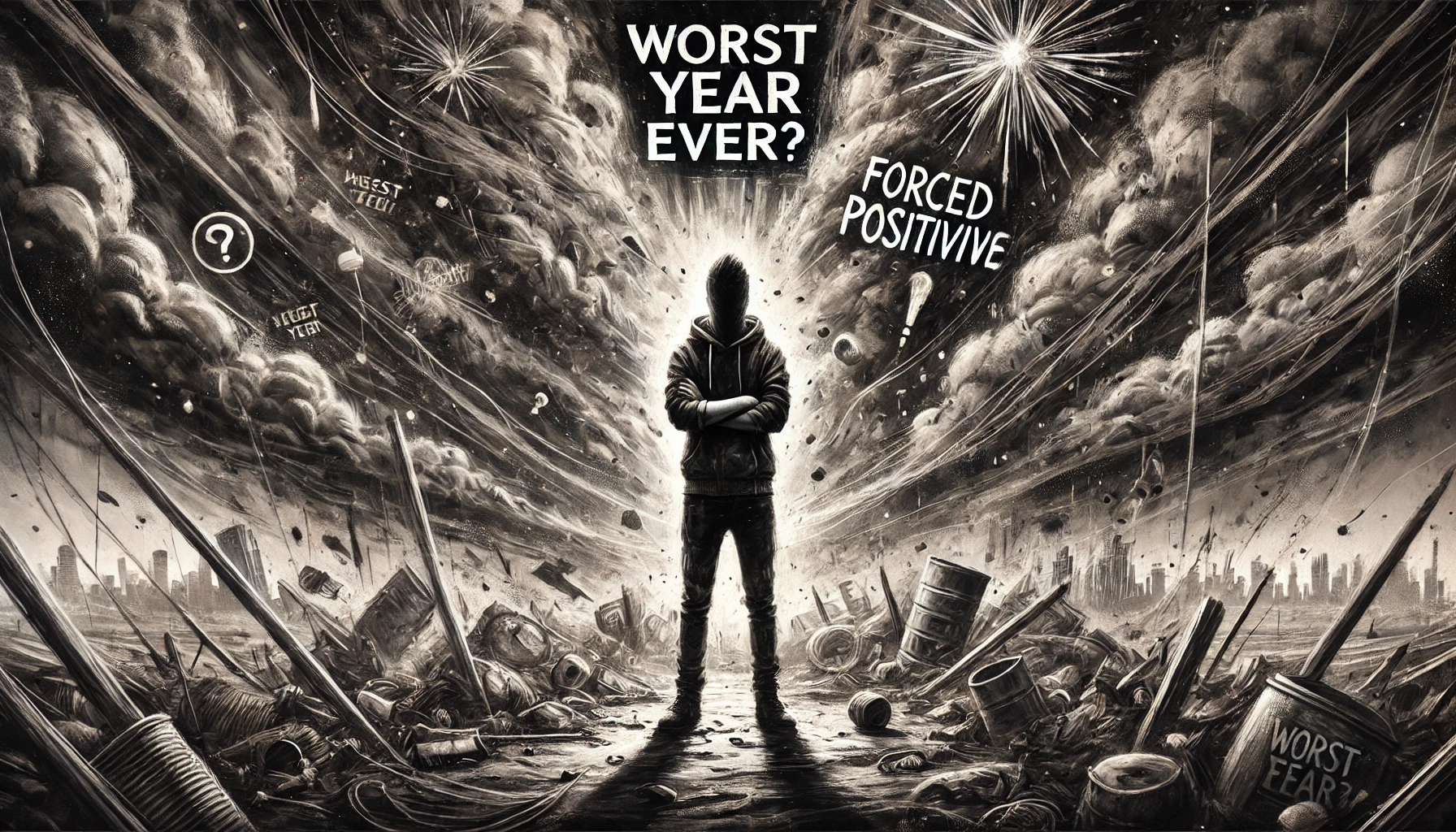



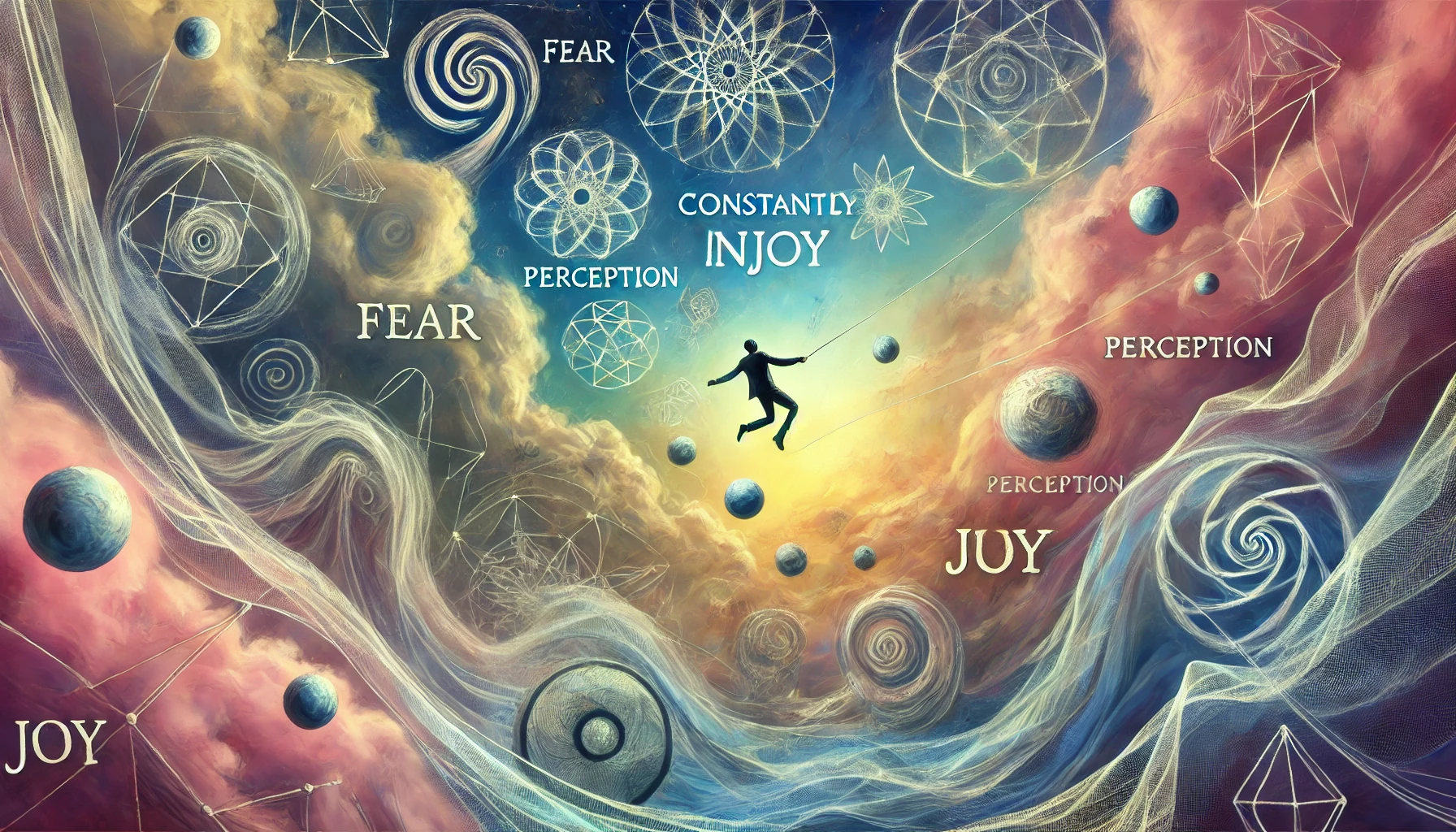


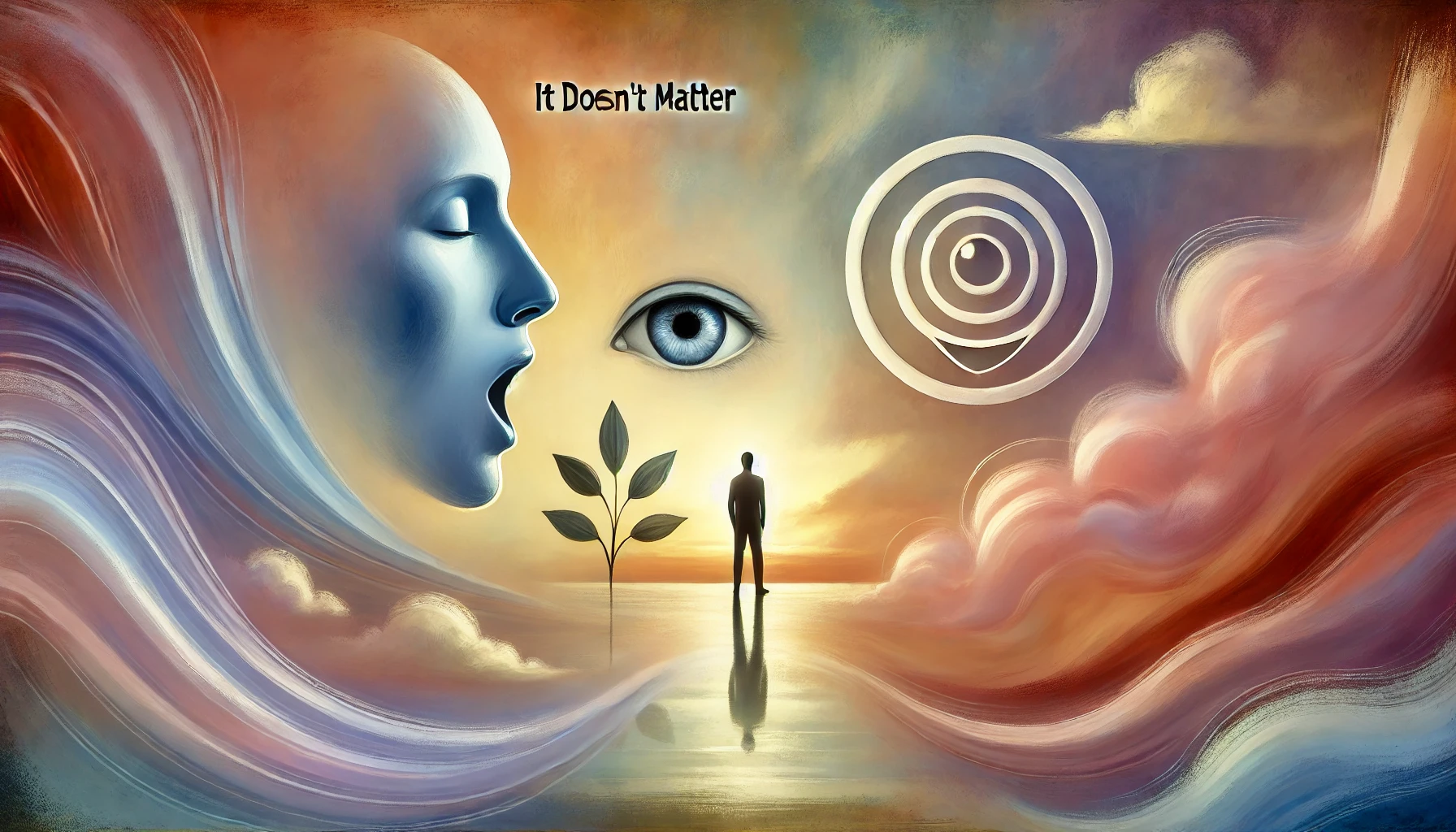


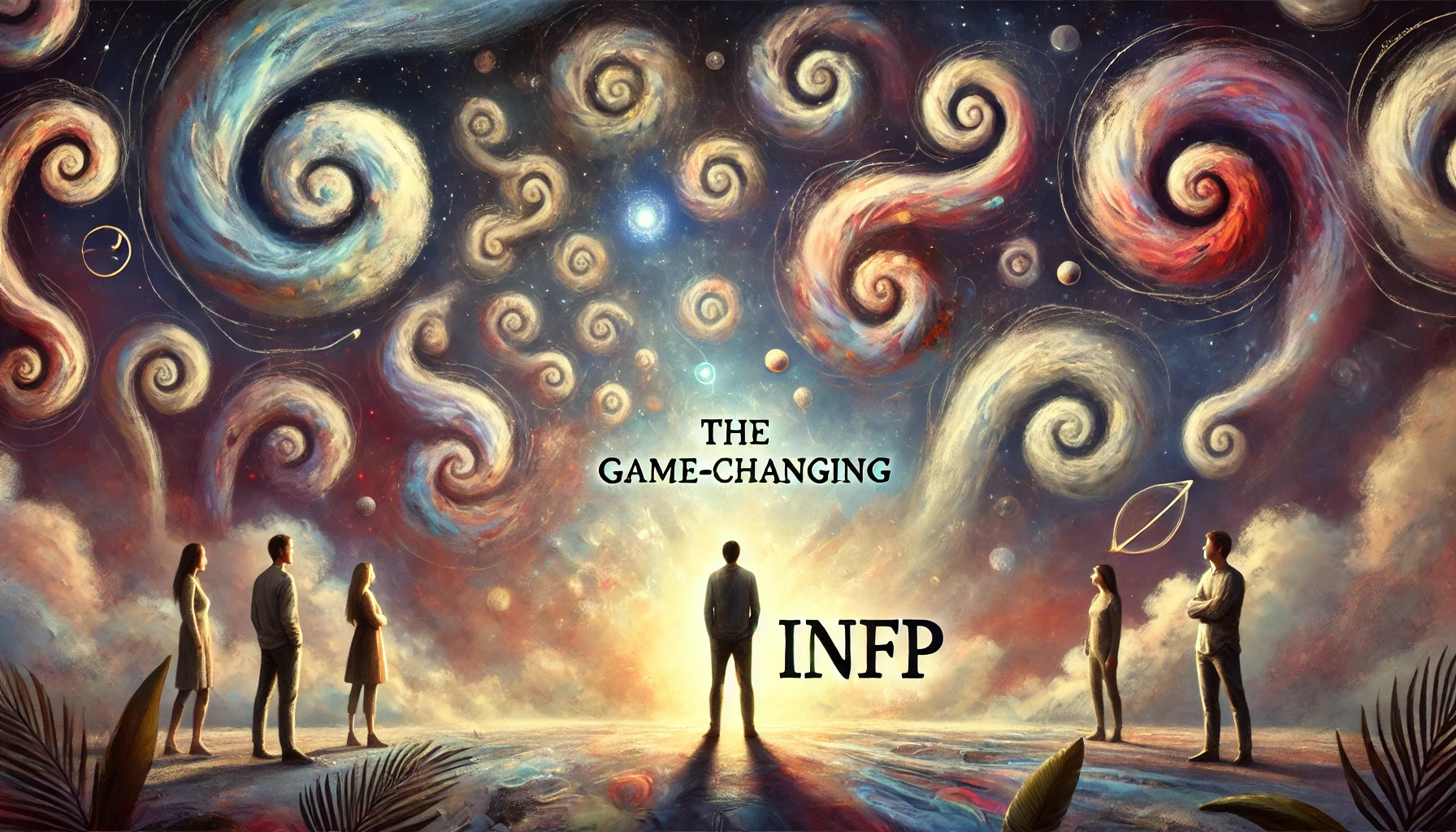


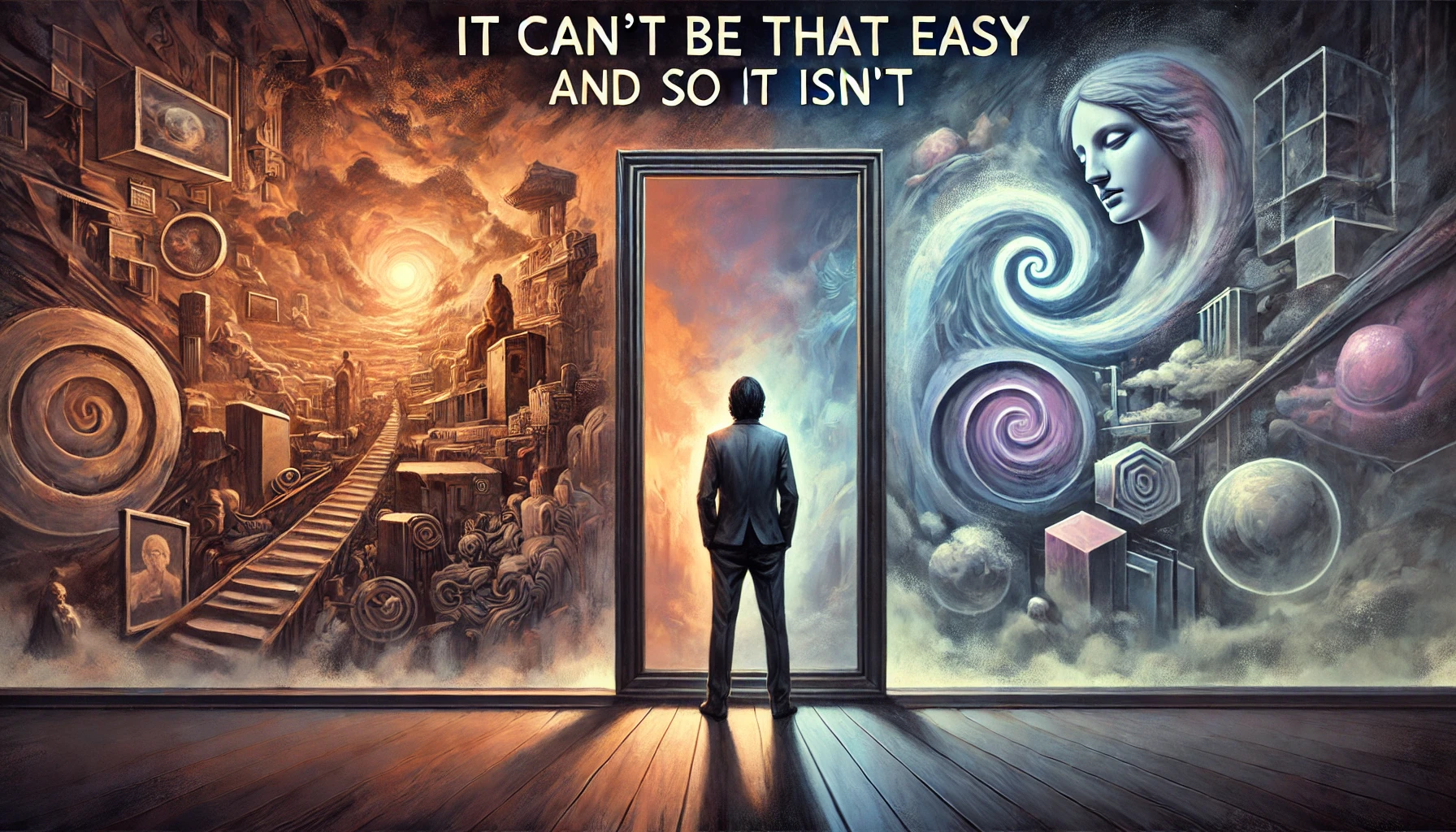



Ah, the nostalgia that permeates your words—yearning for a time when excuses provided solace and simplicity. Let us delve into the sentiment expressed and contemplate its deeper implications.
In the tapestry of human existence, excuses have long served as shields against the demands of responsibility and the uncertainties of life. They have been a refuge, a means to escape the discomfort of accountability and the challenges that lay before us. Excuses, in their seductive allure, offered a sense of comfort, a semblance of justification for our actions or lack thereof.
However, as we reflect upon the evolution of our collective consciousness, we recognize that excuses, though they may temporarily alleviate the weight of responsibility, ultimately hinder our growth and hinder the progress of our journey. Excuses shield us from confronting our fears, inhibiting our potential, and limiting our capacity for personal development.
To yearn for the days when excuses were abundant is to yearn for a time when we surrendered to our limitations rather than embracing our inherent resilience. It is to long for a state of complacency, where growth is stunted, and progress is elusive. In truth, the absence of excuses is not a burden but an invitation—a call to face the challenges that lie before us with courage, determination, and a willingness to take ownership of our choices.
Yet, let us not dismiss the complexities of the human condition. Life, with its myriad demands and unforeseen circumstances, may at times tempt us to seek refuge in excuses. It is human nature to falter, to stumble, and to experience moments of vulnerability. In such instances, compassion and understanding become guiding lights, allowing us to navigate the intricate terrain of our existence with empathy for ourselves and others.
As we stand at the juncture between nostalgia and growth, let us embrace the wisdom gleaned from our reflections. Let us acknowledge that the absence of excuses does not imply a life devoid of understanding or forgiveness. Instead, it beckons us to cultivate a mindset of responsibility, accountability, and self-awareness. By relinquishing the crutch of excuses, we empower ourselves to transcend limitations, to embrace our potential, and to forge a path of authenticity and integrity.
So, dear wanderers of existence, let us bid farewell to the days of abundant excuses. Let us embrace the challenges that life presents, for it is through these very challenges that we unravel the depths of our character and discover the vastness of our capabilities. With each step forward, may we relinquish the need for excuses and instead nurture the flame of resilience, empowerment, and personal evolution.